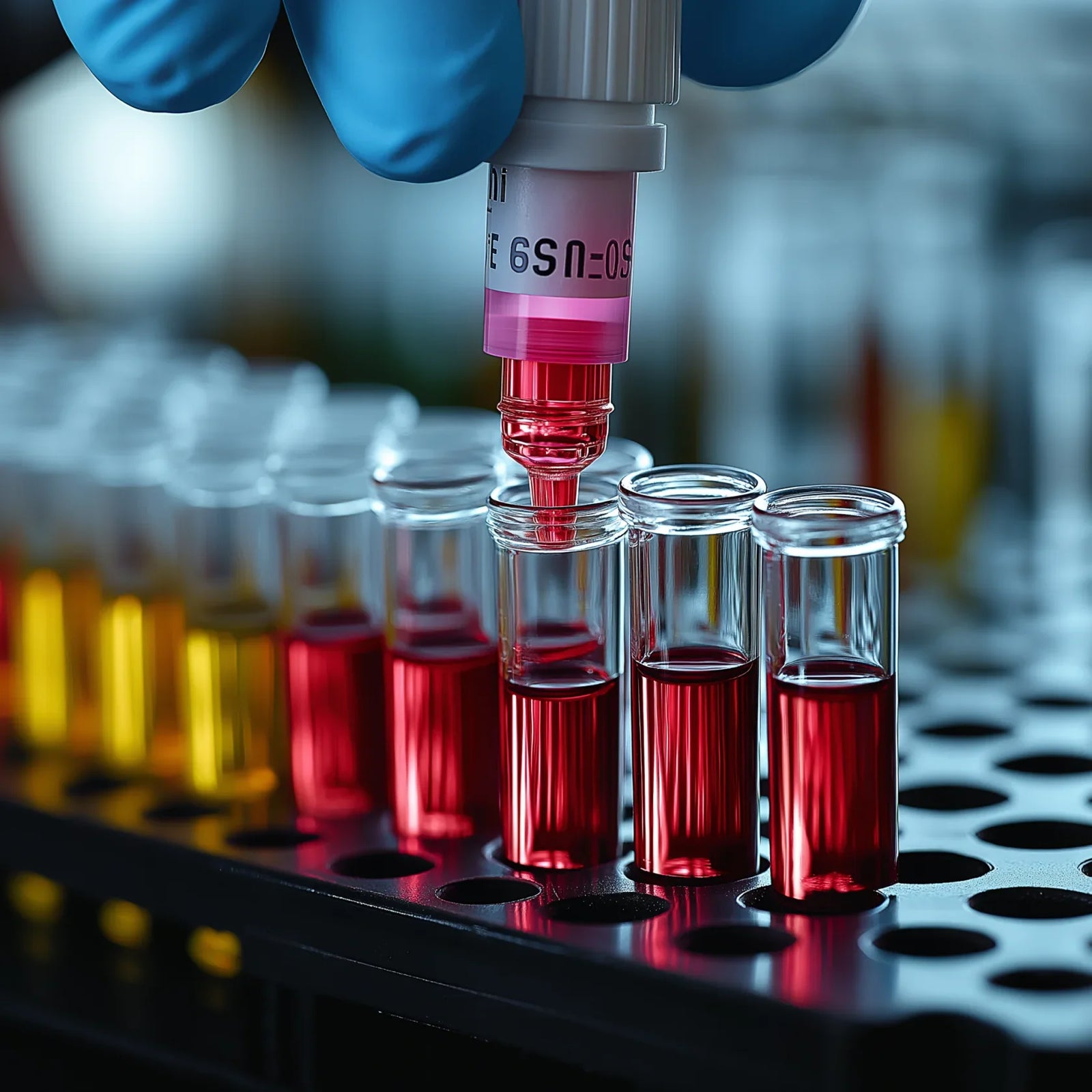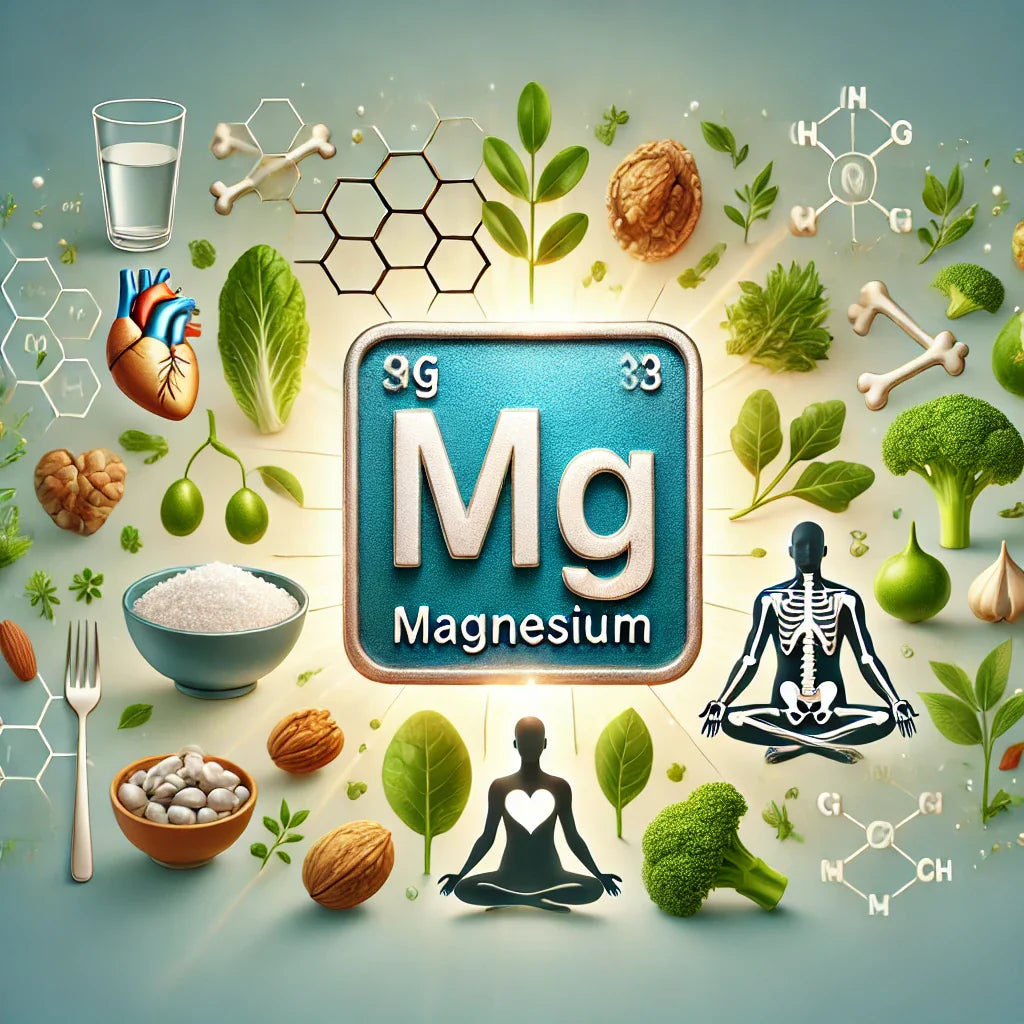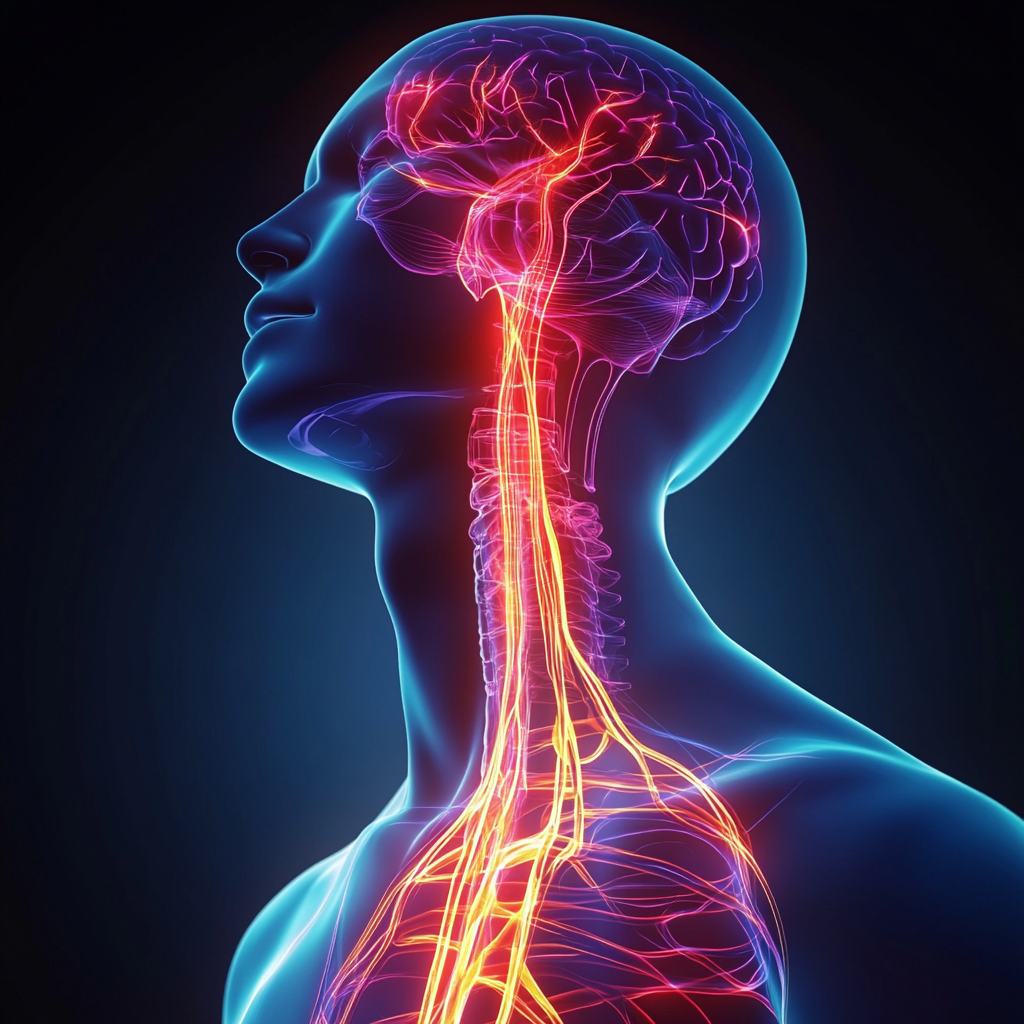This roll is used to test your 1st morning urine to determine your acid/alkaline balance.
The importance of Testing your pH
It is essential to keep a balanced pH in your body which is directly correlated with the amount of electrolytes in your body. Electrolytes are minerals (sodium, potassium, chloride, calcium, phosphate & lithium) which are capable of conducting electricity and are involved in every biochemical process in our bodies.
Over acidification in our diet produces a depletion of minerals which are essential to buffer acids in our body. If the body becomes de-mineralized its capacity of conducting biochemical processes becomes compromised and we cannot be healthy.
What is the normal pH of blood, urine & saliva?

- Arterial Blood: 7.4
- Venous Blood: 7.35
- Interstitial fluid: 7.35
- Intracellular fluid: 6.0-7.4
- Urine: 4.5-8.0
Testing your urine pH:
Testing your urine pH is a good gauge of your mineral concentration and the first step towards an improved health.
In order to test your pH use a little piece of the paper roll first thing in the morning. You want to test the mid-stream of your first morning urine.
The optimal range is between 6.4~7.2. If you are acidic (lower that 6.4), take the recommended supplements (below) and continue to test your pH daily until back in balance.
We recommend to not start any cleanse until your pH is between 6.4-7.2 to minimize cleansing reactions. When we're cleansing there is an unusual amount of toxicity been dumped into the blood stream and detox organs (kidney, liver and large intestine) which can, in turn, make our body very acidic and give detox symptoms.
Improving your pH:
If your pH is below 6.4 here is what you can add to your diet:







